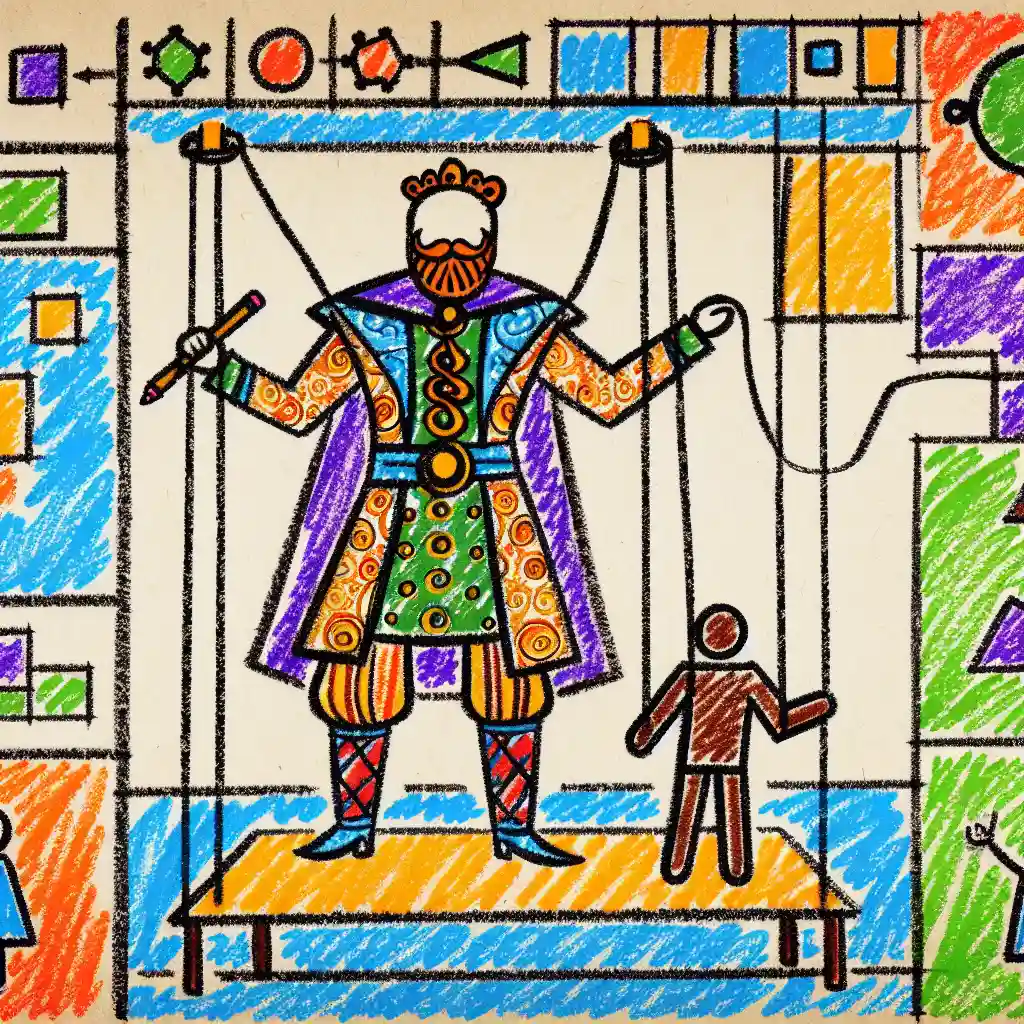The bigger plan behind Trump’s attempted Fed firing

Explain Like I'm 5
Imagine you're playing a game where everyone has to follow the rules to make the game fair. But what if one of the players, let's call him Mr. Trump, tries to change the rules by saying one of the rule-keepers can't play anymore? This rule-keeper is part of a group called the Federal Reserve board, and they help decide how money works in our big national game. Mr. Trump trying to send one rule-keeper away is like trying to change how the game is played, which can make the game feel different for everyone.
Explain Like I'm 10
President Donald Trump is trying to remove one of the seven members of a very important group called the Federal Reserve board, or the Fed for short. This board has big jobs, like deciding interest rates, which is like deciding how much it costs to borrow money. This affects everything from the price of toys to how much houses cost. Normally, members of the Fed are supposed to stay until their term ends, so they can make decisions without worrying about politics. But Trump trying to fire one might be against the rules, and it's a big deal because it could change how money works in our country. People are watching this closely because it could affect everything from how much allowance money you save to how businesses grow.
Explain Like I'm 15
President Donald Trump is making waves by attempting to fire one of the seven members of the Federal Reserve Board. This move is quite controversial because the Federal Reserve, or the Fed, plays a crucial role in our economy by setting interest rates, which influence everything from inflation to employment rates. Members of the Fed are appointed for their expertise in economics and are supposed to act independently of political pressure, serving set terms to ensure stability and continuity.
Trump’s attempt to remove a Fed member before their term ends raises questions about the legality and the motives behind such a move. This could be seen as an effort to exert more direct control over U.S. monetary policy, especially if the member he wants to remove disagrees with his economic strategies. The implications are significant because the independence of the Fed is critical for maintaining economic balance and investor confidence. If influenced by politics, the Fed's decisions could lead to less optimal economic outcomes, affecting everything from the stock market to how much people pay on loans.
Experts are debating what this means for the future, not just for the Fed, but for the overall health of the U.S. economy. If Trump succeeds, it could set a precedent that may affect how future administrations interact with the Fed, potentially leading to more politically-driven decisions. The situation is developing, and the repercussions could ripple out, influencing economic policies and the global perception of U.S. economic governance.
Want to read the original story?
View Original Source